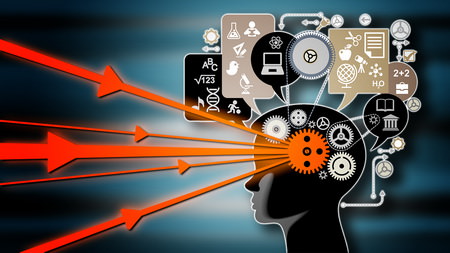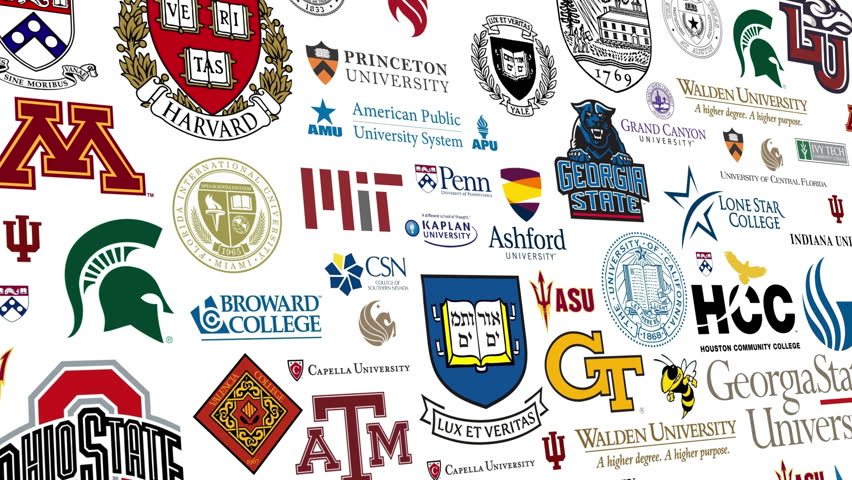We all feel the inadequacy of our education when practicing our executive duties. To cure it we must define the problem.

Bright young people would get a first degree and those who were able and could, among them, would get a second degree, usually an MBA.
Subsequently they would find a job, often with a Corporation. The better Corporations would run their own internal education system, and the “Homo corporeticus multinationalis” would emerge. Experience and exposure to challenges would do the rest.
In a way this system became a process and it was followed more or less World-wide with satisfactory results. The great schools, as it happened for centuries, produced some exceptional talents but most of all produced and disseminated original knowledge.
They formed and form their own particular type of alumnus who, by grouping with its peers will be part of a knowledge and mutual appreciation ecosystem for life.
This is not enough. As with all processes, this one, based on historical experiences and needs, requires revision.
I am a product of three educational systems. I am 80% businessman & 20% academic. All my professional life I’ve been discovering the insufficiency of education for executives and the incomplete self-educational approach. I am writing about education not training; there is a great difference, as for instance, doctoring is to nursing.
The principal reason for the insufficiency of education, is the acceleration of knowledge production and its greatly increasing volumes. It takes years to educate but only days for new knowledge to emerge.
At the turn of the 20th century, it is estimated that human knowledge doubled every century. Today human knowledge is estimated to double every 12 months. Fast forwarding to some point in the near future, the point at which artificial intelligence eclipses human intelligence, the doubling will be every 12 hours.
Clearly, the production line of MBAs or any other degree or diploma is not enough to satisfy demand for a knowledgeable executive. An executive’s knowledge starts becoming obsolete upon its graduation.
We must discover and develop a system with which the executive, or any other interested member of the Society can be permanently linked with a formalized source  of knowledge generation and dissemination. Being member of a professional association is useful but not enough.
of knowledge generation and dissemination. Being member of a professional association is useful but not enough.
There is no professional association that groups data experts or analytics experts or AI experts, to name just a few new specialties. This is exactly the issue with new fast generation of knowledge. There is not enough time allowed for it to be structured, grouped, and formalized.
Additionally, one specialization is not enough for the modern executive. Today, a Chemical Engineer is expected to know data management, a Marketeer is expected to be well versed in big data & analytics, a Construction Engineer must know well cash flow management, continuously changing rules and regulations and so on.
We must devise a system of continuous, individualized education where the diploma/degree will be always on. At the moment, we give too much emphasis in certifying knowledge acquired mainly through the transmission of past knowledge and do not attach enough importance in helping the individual to become an unceasing learning machine.
This can be achieved with the maintenance of the umbilical cord of the executives, with their Alma Mater. There is no faster way to generate, collect, structure and disseminate knowledge than a higher learning institution. And there does not not exist a more efficient way of knowledge transmission than a good learning institution.
It has to be understood that self-teaching and empirical-technical transmission of knowledge based on practice cannot close the knowledge gap efficiently and swiftly.
A New Way of Learning must be Formalized & Accepted.

The learning institutions must develop, in their students, a learning profile characterized by, an inquisitive & innovative intelligence, as well as, a structured quest for knowledge acquisition & integration.
The institutions must also transform.
They are currently Learning Pipeline organizations.
A student enters on one side, is processed and a diploma holder comes from the other side. This is a linear process.
Learning Institutions must become Learning Platforms.
Learning institutions, as a network flow of knowledge, with multiple inputs and outputs; where teachers and students can interact with each other; where knowledge generators and knowledge consumers can directly connect through the learning platform (which carries the filtering authority and responsibility). This metamorphosis from educational pipeline to learning platform will optimize a continuous knowledge generation and transfer, with real time feedback.
I focused on the education of the executive because it is a very important cell of our Society and this is what I have known best, all my life. I understand that, in order an executive to possess high value and ensure a long productive career, must be at the forefront of knowledge.
Our learning institutions are the main means to achieve this and owe to transform themselves to serve better the needs of contemporary Society. They should forge, always on, interactive links with the Business world. It also follows, that their teaching stuff must be remunerated in a way that approaches similar levels to that of the business executives, they help to produce.

